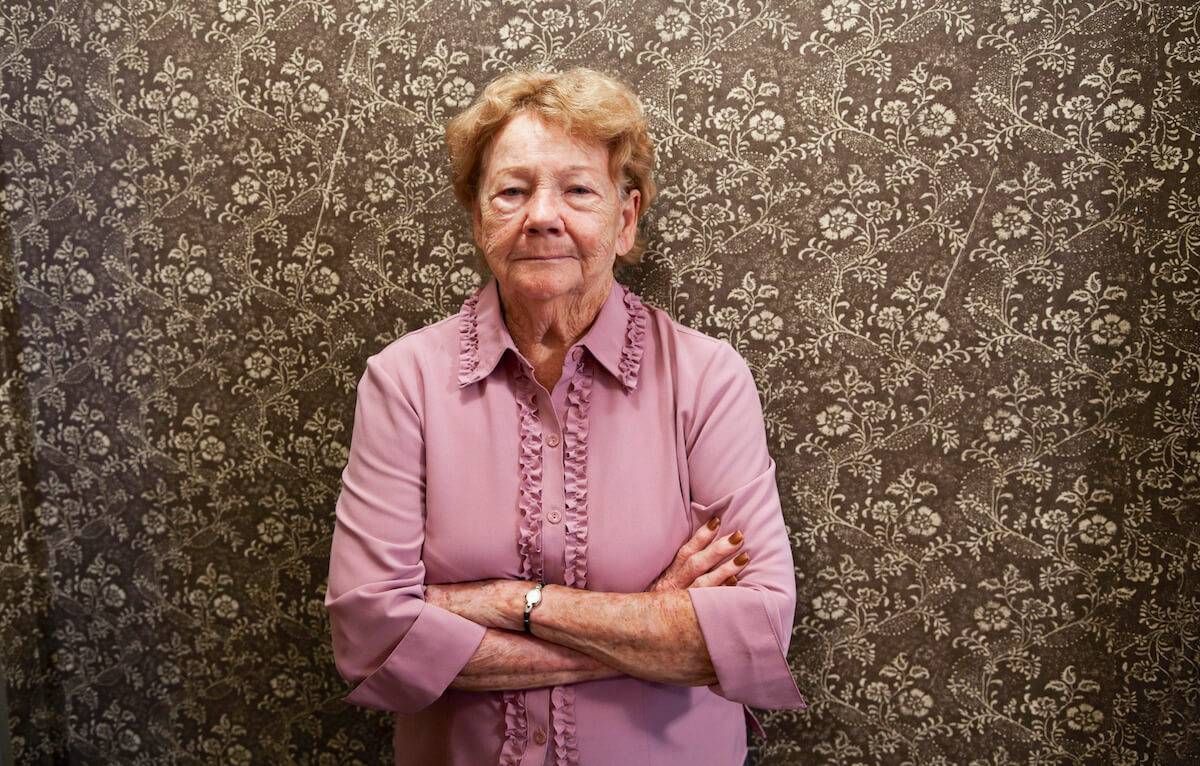Over 30 years ago, researchers and geriatricians identified an “elder orphan” (sometimes called a “solo ager”) as a person aging alone with little support, according to a recent story on NextAvenue.org by Carol Marak.
But when my Elder Orphan Facebook group targeting this population launched over 2 1/2 years ago, little was known about them.
Even then, few realized that the hardships faced by older people with no nearby family members could be any different from those of others aging at home.
Health care professionals and companies tend to lump the older population into four segments: ages 55 to 64, 65 to 74, 75 to 84, and 85 and older.
It’s assumed that people in these age brackets deal with, or eventually could deal with, similar concerns relating to health, housing, transportation, caregiving and safety.
But those concerns are further magnified for those who do not have a support system, and that number may be higher than you imagine. For example, in Dallas, where I live, 30 percent of people 65 and older live alone, writes Marak.
Thankfully, through the dedicated service of social workers, gerontologists and geriatricians, the unique challenges of the solo ager have been identified.
The most recent research project, headed by Rupal Parekh, a Ph.D. candidate at the University of Texas at Arlington, School of Social Work, with the Elder Orphan Group, uncovers the preliminary data that brings clarity about the issues facing this segment of the population.
The Unique Differences of Solo Agers
Since founding the Elder Orphan Facebook group, one insight I’ve gained is that its members with offspring feel the most isolated and alone when distance keeps them apart from family, wrote Marak. And those who never had children have learned to build social networks of friends.
To have the support of someone when you’re sick and confined to a bed is important for everyone, but our research found that 39 percent of study participants had no one to call in that situation.
Some members of the group have created a support team and text each other by a certain time of the day or call by phone. If there is no response, they have a contingency plan of action. Their strategy offers peace of mind and causes the members to feel they have someone to count on.
One individual and a set of eight friends have taken it to the extreme; they’ve committed to be there for one another and even to serve as legal guardians. As a group, they’ve consulted with an attorney who set up the necessary documents.
Legal Medical Decisions
All types of needs for assistance increase with age, but interventions for making health care decisions are the biggest concern. Traditionally, such collaboration has been provided by family members, wrote Marak.
When someone is aging alone, it is often not clear who can and will be available to support him or her, or who will be serve as the health care proxy if necessary.
Without a supportive infrastructure, those aging alone are at risk for lack of care, inadequate care or care that goes against their wishes.
Our research, Marak wrote, has taken a closer look into this issue and discovered 43 percent of our members have not identified a health care decision maker. They say they “haven’t gotten around to it,” but note that when they do, they plan to pull together a team of health care professionals.
Events such as loss of support system (which could occur with the death of a family member or friends; multiple chronic health issues; a fall or other physical limitations could be the causes for their inability to make health care decisions.
However, the preliminary data revealed that more than 27 percent have fallen at home in the last six months; 26 percent live with three or more chronic illnesses and 35 percent do not have family or friends to help them cope with life’s challenges. It makes sense that more would have their medical decision making plans in place, but that’s often not the case.
One person in the Elder Orphan group admitted, “I couldn’t get motivated until I had episodes of falling. This got my attention.”
Another said, “I have an advance directive and health care proxy filed with my primary care doctor. What I don’t have is an executor, and I can’t think of a younger person I know well or trust enough to ask.”
To read more visit NextAvenue.org.






